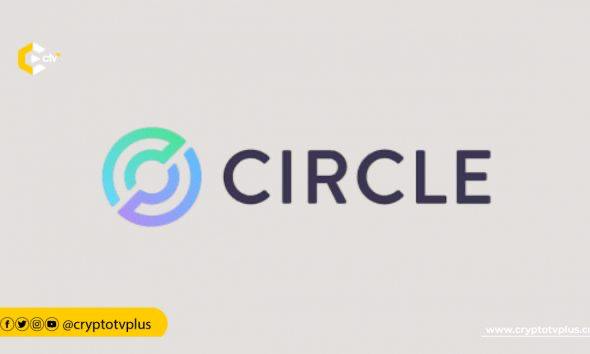News
Circle executive denies pursuit of US banking license

The chief strategy and global officer of Circle, Dante Disparte, has refuted reports suggesting the company is applying for a U.S. federal bank charter.
The company has pushed back against allegations that it intends to become a licensed bank in the country.
In an April 25 post on X, Dante Disparte denied any interest from the company in becoming a federally chartered bank or acquiring an insured depository.
Instead of aiming for a federal bank charter, Circle will aim to meet expected U.S. requirements for payment stablecoins, which could include securing a trust charter or a similar nonbank regulatory license, according to Disparte.
Disparte urged lawmakers not to postpone the process of setting clear rules for stablecoins any longer.
The statement comes amid speculation that major firms in the crypto space, like Circle and BitGo, plan to pursue banking licenses or charters.
Other companies allegedly exploring these licenses include Paxos and Coinbase, the U.S.-based crypto exchange listed on public markets.
Jeremy Allaire, Circle’s chief executive, told Bloomberg in April 2022 that the firm actively speaks with regulators as it looks to obtain a bank charter “hopefully in the near future.”
The Office of the Comptroller of the Currency reportedly conditionally approved Paxos for a U.S. bank charter in 2021, as noted in a previous report.
The announcement coincided with ongoing efforts by U.S. regulators to reshape stablecoin regulation.
Republican lawmakers supported a bill outlining a stablecoin framework, and the U.S. House Financial Services Committee passed it earlier this month.
The proposed legislation is the STABLE Act, short for the Stablecoin Transparency and Accountability for a Better Ledger Economy.
Currently, the U.S. legislature reviews the GENIUS Act, which aims to guide and establish national innovation for U.S. stablecoins.
The two bills, STABLE and GENIUS, differ in their regulatory approach; the STABLE Act seeks heavy federal oversight, while the GENIUS Act promotes a more adaptable framework involving both federal and state regulations.
The legislative process first introduced the GENIUS Act, and the US Senate Banking Committee passed it in mid-March.























Pingback: Circle gets key financial service approval in Abu Dhabi – CryptoTvplus - The Leading Blockchain Media Firm
Pingback: USDC Issuer, Circle, Files for IPO on NYSE